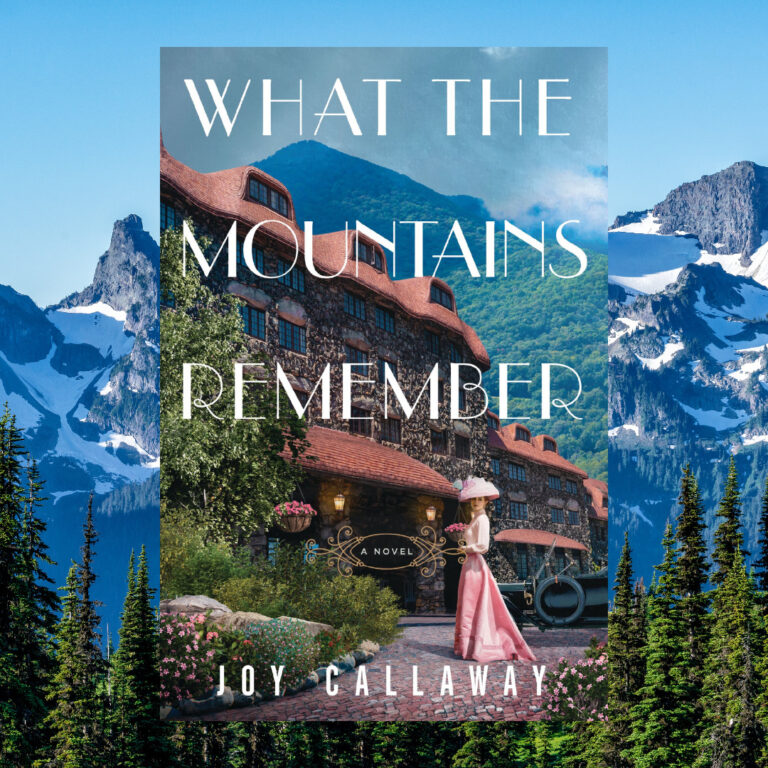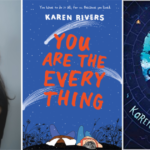When I tell people I’m an author, they always have questions. Do I write with a typewriter? Do I drink heavily and need a new liver? Do I have a bank account to rival a Russian oligarch’s?
For me, the answer to all of those questions is no. (Alas about that bank account!) Being an author is a bit different than you’ll see in the movies. The truth is, it’s a job, like any other, albeit a little more mysterious to everyone outside the industry, perhaps because of the delicate balance of creative and business sides.
All authors exist in the publishing industry differently; none of us have the same career. That said, there are a few things that are fairly consistent across the board, at least in traditional publishing. (That is, publishing through big companies like HarperCollins, Penguin, Simon & Schuster, and others. It’s pretty much the only kind of publishing I can speak about, and in that, specifically the Young Adult side.)
All right, let’s do this in list form!
1. Authors have absolute control over the package of their book.
I frequently get asked about how I come up with the covers for my books, and yes, they are beautiful, but no, I didn’t make them. In traditional publishing, companies have in-house art departments.
Packaging a book is a huge matter, and lots of different people and departments have input. Editorial gives Art the manuscript to read (or a sheet with ideas, moods, themes, and other important information that will offer direction), and Art starts making comps — drafts or ideas of possible covers. Sales, Marketing, Editorial, and other higher ups have their say. They discuss, narrow down their choices, and decide who to hire if they need an outside artist or photographer.
When the art or photos are finished, the designer makes up another comp. People talk about it in-house, and then it’s shared with the author. The author is told “Everyone here really loves this!” which is code for “Please say you like this because we’re not changing it.”
Eventually, the final touches are put on the cover, and if there are special effects (like spot gloss, foil, or embossing), the author doesn’t usually find out until they’re holding the book in their hands for the first time.
Sometimes, the author is a little more involved. I’ve been shown early comps a couple of times, and asked to help choose dresses for the model to wear. But as far as the overall direction of the cover? Nope. Not my department.
Which is good. I’m not an artist. I’m not a sales team. I don’t have the ability or market knowledge to create a cover that shows what the story is about and sends all the right signals to entice the appropriate readers to pick up the book.
2. Authors are rich beyond their wildest dreams.
If. Only.
Yes, some authors are doing well — maybe even very well — financially, but most of us are on a budget. We pay our bills. We save up for extra things we want. We deduct everything the IRS will allow.
Lots of authors have day jobs, because advances and royalties aren’t able to cover all their expenses. Writing money is supplementary income for a lot of authors, not the main.
Well, then how does writing money work?
This is a pretty huge topic, but the short version is this:
In traditional publishing, the publisher offers the author an advance. That is, an advance against royalties. They pay it upfront, usually in portions when the author completes different stages of the work. (Signing the contract, turning in the final manuscript, publication — milestones like those.)
Authors make royalties — a percentage of the cover price of the book — and those royalties are applied to the advance. When those royalties add up to the total amount of the advance, the author starts getting royalty checks. That’s called selling through the advance, or earning out. It’s a big deal to authors.
If the author doesn’t earn out, they don’t have to pay the money back, but the publisher does keep that in mind the next time they’re thinking about whether or not they want to offer a contract. Most authors don’t earn through their advances.
If that sounds like there’s a lot of uncertainty in author money, you’re not wrong! It’s hard to rely on book income, especially when thinking long-term, so lots of authors don’t.
3. Authors are all broke and suffering for their art.
Wait wait wait. If we’re not all rich, we’re all broke?!
I mean, again, some authors are. But like I said, lots of authors have day jobs or other sources of income.
4. We all have J.K. Rowling on our speed dial.
Wouldn’t that be cool?
But no. I don’t think she knows who I am.
5. Authors have to live in NYC to have a career.
Oh my gosh. Definitely not. I mean, it’s fun to visit NYC! And while there are definitely authors who live in the city, most of us don’t. There’s no need to lovingly hand-deliver our manuscripts to our editors, or visit our agent’s office to discuss our next career move. Email and phone calls will suffice.
Technology is a really wonderful thing, and it’s given so many people the opportunity to write — those who might not have had the means otherwise. It also allows us country mice to stay at home if we want.












